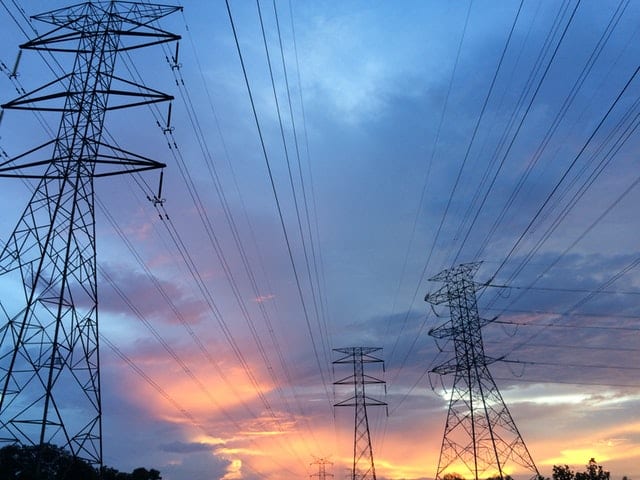An innovative Internet of Things (IoT) enabled smart-grid solution will introduce prepaid electricity metering in Sri Lanka.
The solution was launched recently by Sri Lanka’s telecommunications firm Dialog Axiata PLC, the country's premier connectivity provider Lanka Electricity Company (LECO), and the Ministry of Power and Renewable Energy.
Ravi Karunanayake, Minister for Power, Energy and Business Development, graced the launch at the GSMA Mobile for Development Utilities Asia Industry Forum 2019 held in Colombo.
Developed in collaboration with the Dialog Mobile Communications Research Lab at the University of Moratuwa, the solution converts a standard electronic meter into a smart meter which can maintain a prepaid wallet to facilitate prepaid electricity metering.
Dialog said the smart-grid solution is supported by a utility IoT and analytics platform and utility Meter Data Management (MDM) system, developed jointly by Dialog and LECO.
It also consists of a Network Monitoring Device (NMD) which monitors the low voltage power distribution network in real-time.
Anthony Rodrigo, Group Chief Innovation Officer and Chief Architect, said in a statement that the solution is the first of its kind in Sri Lanka.
“The smart meter enables users to have complete control over their electricity consumption, along with the flexibility to top-up the meter as and when they require, based on their individual or enterprise needs, resulting in a cost-effective and efficient electricity solution,” he said.
Prepaid electricity metering is expected to benefit low-income communities and will be initially available in the LECO Green Energy Zone in Kotte.
“It is envisaged that this will provide Sri Lankan electricity consumers transparent and cost-effective energy solutions,” affirmed H. N. Gunasekera, General Manager of LECO.
The initiative was partly funded by the GSMA Mobile for Development (M4D) Utility Partnership Grant.



